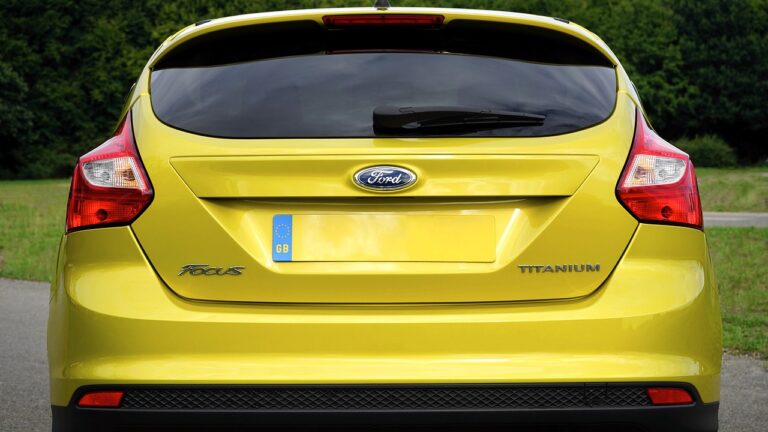Exploring the Role of AI in Enhancing Parking Solutions
As urbanization continues to increase worldwide, the demand for efficient parking solutions is becoming more pressing than ever. Traditional parking systems are no longer sufficient to meet the needs of a growing population and advancing technology. The limited parking spaces, long queues, and lack of real-time information have led to frustration and inefficiency for both drivers and parking facility operators.
With the emergence of smart cities and advancements in technology, the need for advanced parking solutions has never been more apparent. Smart parking systems that utilize sensors, real-time data analytics, and mobile applications offer a more seamless and convenient experience for drivers. These solutions not only help optimize parking space utilization but also improve traffic flow and reduce environmental impact by decreasing the time spent searching for parking.
Understanding the Challenges Faced in Traditional Parking Systems
Traditional parking systems continue to grapple with the persistent issue of inadequate spatial utilization in urban areas. The reliance on manual processes for guiding vehicles to available spaces often results in inefficiencies and increased congestion. Moreover, the lack of real-time data and monitoring capabilities makes it challenging for operators to optimize parking spaces effectively.
Additionally, the limited integration of technology in traditional parking systems leads to a lack of flexibility and adaptability in meeting evolving consumer needs. Drivers face frustrations due to the time-consuming search for parking spots, exacerbating traffic flow issues and environmental concerns. The absence of smart features in these systems hinders the improvement of user experience and overall operational efficiency.
What are some common challenges faced in traditional parking systems?
Some common challenges include limited parking spaces, inefficient use of space, difficulty in finding parking spots, and traffic congestion within parking lots.
Why is there a growing need for advanced parking solutions?
With the increasing number of vehicles on the road, traditional parking systems are becoming inadequate to meet the demands of modern urban areas. Advanced parking solutions can help alleviate congestion, improve efficiency, and enhance the overall parking experience.
How can advanced parking solutions address the challenges faced in traditional parking systems?
Advanced parking solutions such as smart parking technologies, automated parking systems, and real-time parking guidance can help optimize parking space utilization, reduce traffic congestion, and provide drivers with a more seamless parking experience.
What are some examples of advanced parking solutions that can be implemented?
Examples of advanced parking solutions include sensor-based parking systems, mobile parking apps, automated parking garages, and smart parking meters. These technologies can help streamline the parking process and make parking more convenient for drivers.





